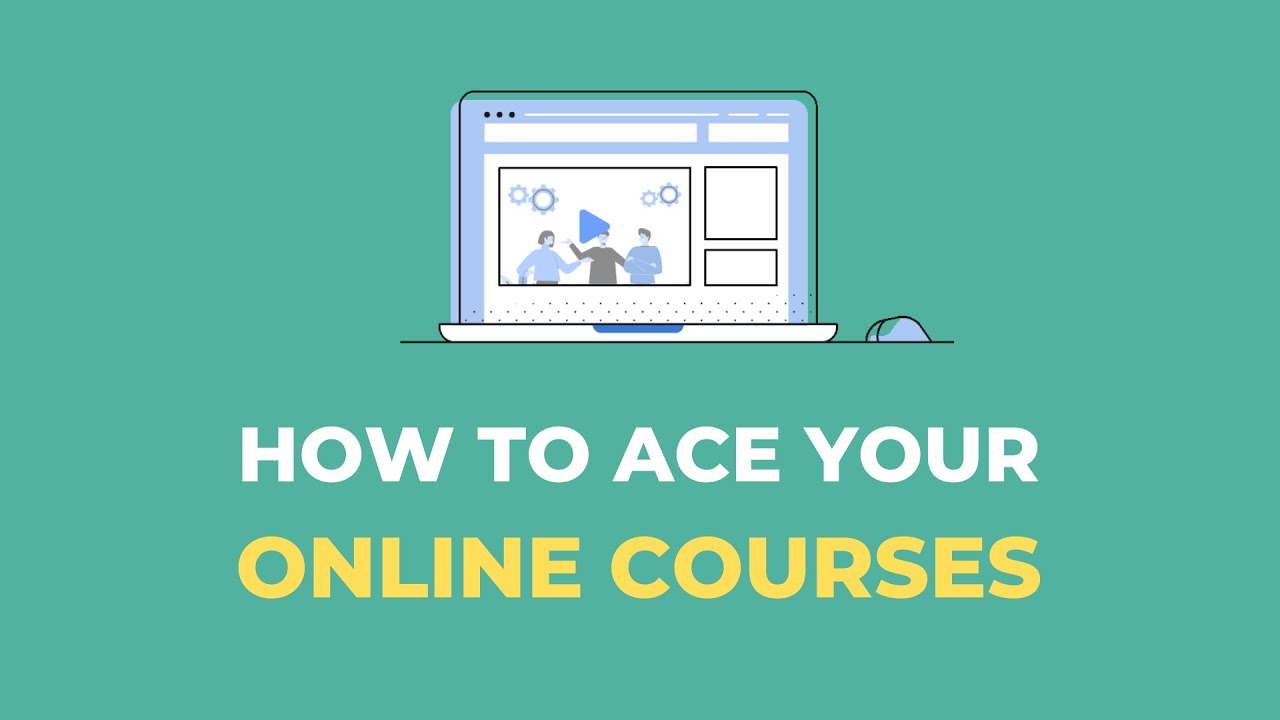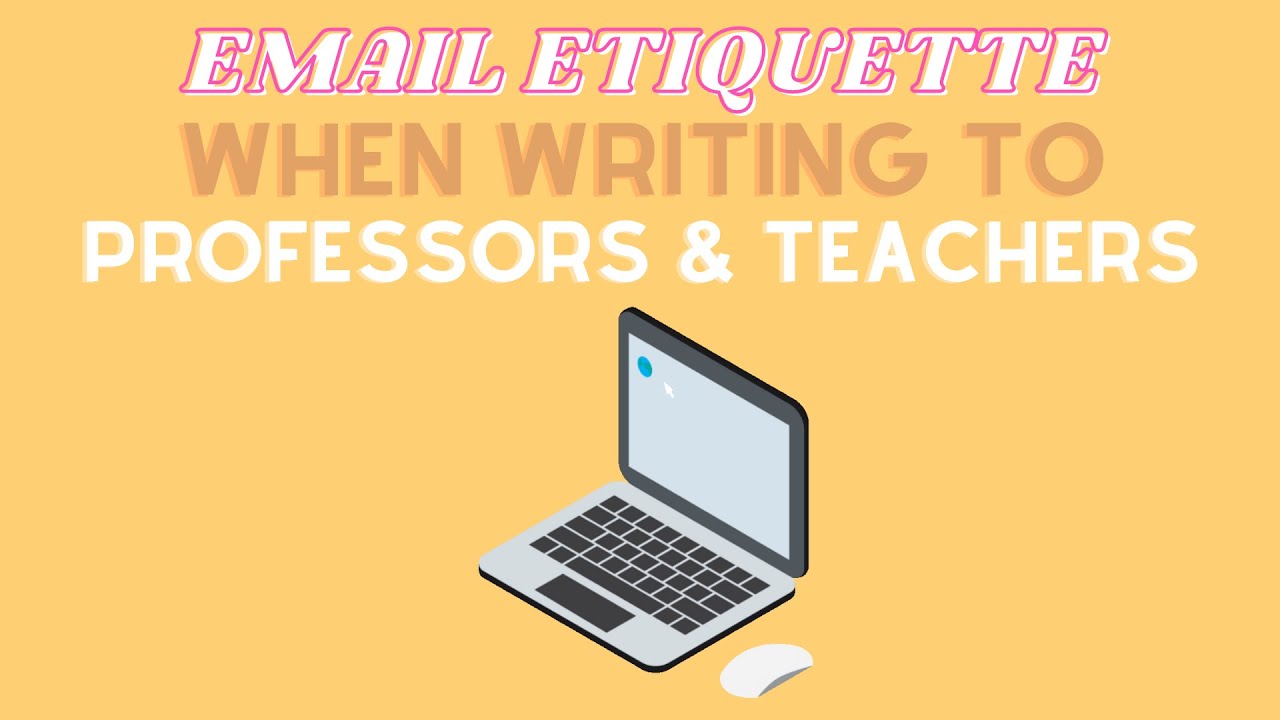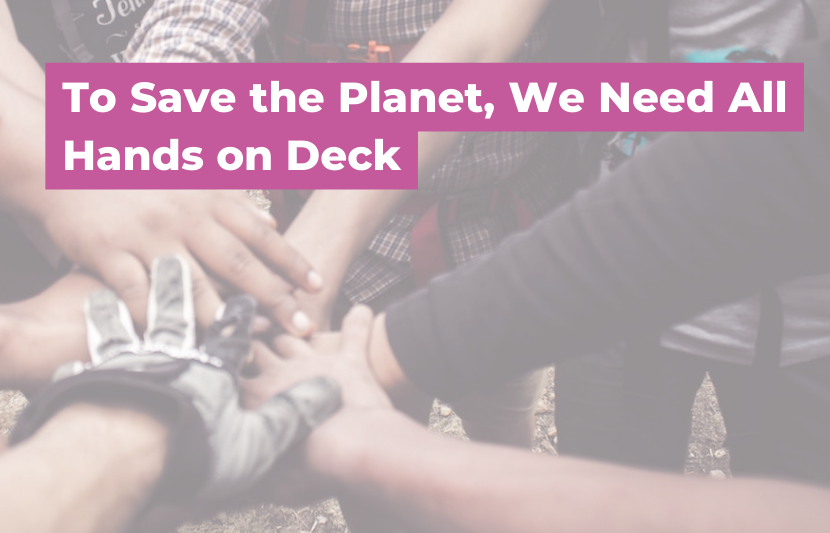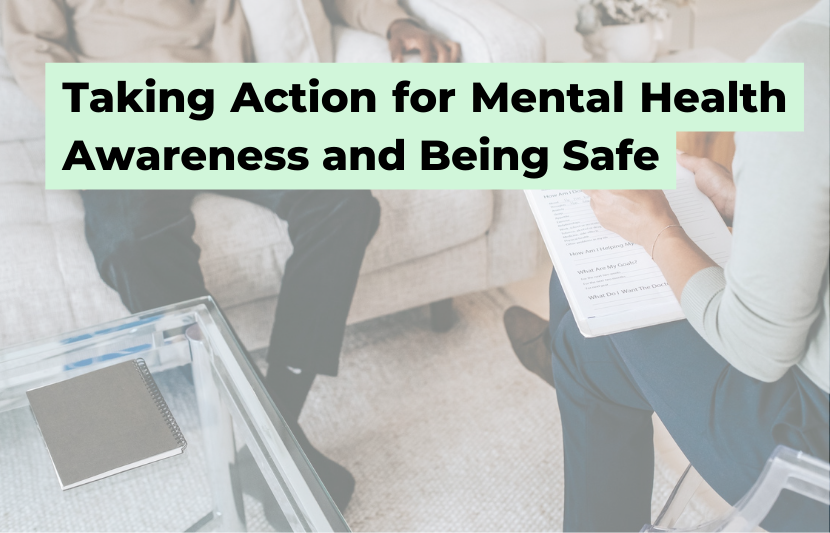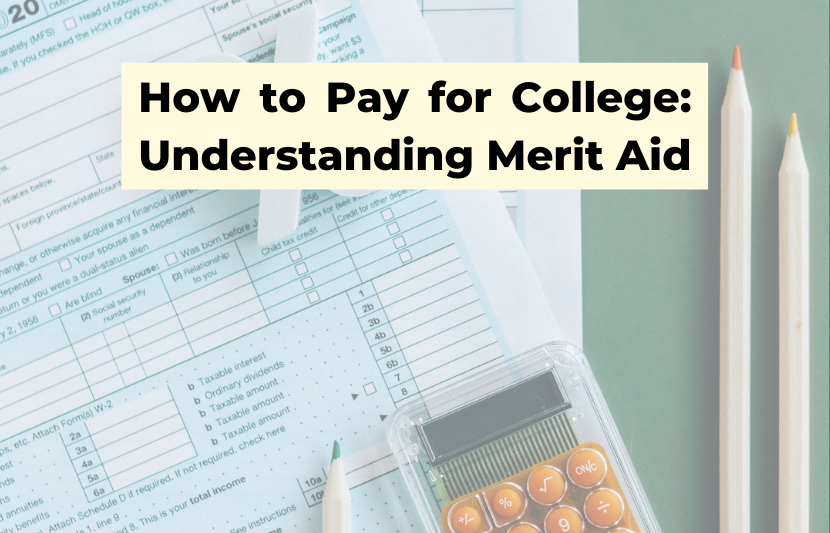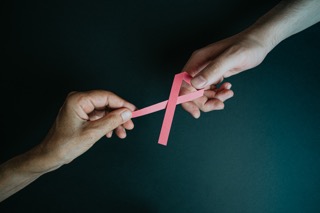In this episode of TUN TV, Dr. Crystal Rose interviews Dr. Loren M. Hill, founder of The Acclivity, about taking action for mental health awareness and being safe.
Dr. Crystal Rose: Welcome to The University Network TV. I’m your host today, Dr. Crystal Rose. Welcome to our featured series “Exploring Mental Health Awareness.” And today, we’re talking about actions for suicide awareness and prevention and how to be safe.
For this series, we’ve invited Dr. Loren M. Hill, a clinical psychologist, academician, and coach.
Welcome, Dr. Hill.
Dr. Loren Hill: Thank you so much, Dr. Rose.
Dr. Crystal Rose: Thank you for being here for this important topic.
These are actionable steps for you or if someone you know is having a mental health situation. We will use the acronym “BE SAFE.”
Let’s start with “B” for “be in the know.” Can you share more about this in the context of being safe?
Dr. Loren Hill: Absolutely. One of the things that we want to think about in terms of when to take action is not just for yourself.
Sometimes, the best thing we can do is be a good buddy, or partner, or friend, and notice when someone around us may be having some struggles. So, as we continue this conversation, let’s be mindful that we want to think about those around us, as well as ourselves.
We want to think about who’s in our support network.
Who do we engage with? If we’re feeling like we’re having some emotional problems or some mental health problems, or some stress or some anxiety, then it’s important to stay connected. Stay connected.
I love that there’s a PSA that’s been going around for a while now where people are just saying, “How are you doing? Are you okay?”
Asking someone the question is important. And they may answer “fine,” but remember, fine is not a feeling.
Dr. Crystal Rose: I like that saying, fine is not a feeling.
We’re going now to the “E” for “educational support.” For many students at their school, there’s school support services. Could you share more about this option?
Dr. Loren Hill: One of the great things that has happened over the years is this inclusion of the Campus Counseling Center. You can go right to your Campus Counseling Center and let them know – and it’s completely confidential — that you would like to see someone or talk to someone.
Or, you can go in there.They have, sometimes, some handouts and materials, checklists, warning things. And if you were thinking about someone else needing help, you can go in and let the counselors know “My friend needs some help.” Of course, the friend would have to go in, but you could run the situation by them and say, “What do you think about this? How can I help my friend?”
So, you can go in for yourself, or you can go in to seek help for someone else.
Dr. Crystal Rose: Great. That’s really in line with the concept now of taking action, being safe.
Now I have “S” for “seek help for yourself or someone else.” Can you please share more about this?
Dr. Loren Hill: Oftentimes, when we might be having some type of mental or emotional distress, we don’t have the wherewithal to make a phone call or seek help.
We talked earlier about the lows of depression where you can’t even get out of bed. It’s in these times that our support network really can step in and help us.
They may be able to make a phone call to someone. They may be able to go to the Campus Counseling Center to let them know something is going on or bring some materials back to you. So, it’s important to stay connected to your network.
And if someone is in your network and they’re falling out, reach out to them. It’s important.
And you could just text them, “Hey, how are you doing? I haven’t seen you in a while. What’s going on with you?” And they may respond back.
We have these emojis for texts. I love emojis, but I also want us to think about what those feelings are. If someone texts you back with the emoji where they’re sad, face down, or they have a tear coming down, we want to follow up with that and say, “Hey, what’s going on?”
I love emojis because they give us a way to communicate our emotions. And we just need to move to the next step and say, “All right, let’s talk about that.”
Dr. Crystal Rose: And there are free resources, free and confidential resources, where you can actually text people.
There’s also the Suicide and Crisis Hotline. 988 has been designated as that new three-digit dialing code that will route callers automatically to the National Suicide Prevention Lifeline.
There is also SAMHSA, which is a mental health awareness agency.
And you can also text 988 24/7 for support.
There’s also something called Buddy Help. You have available to you free texting support with volunteer listeners. Now, they’re not licensed psychologists, but they’re volunteer listeners that can be a good entry point to help someone be safe.
I’m now at “A” for “advocate.” Advocate for yourself or someone else. Dr. Hill, can you share about what that looks like in this context?
Dr. Loren Hill: You’re young. You’re in college. You may not have your voice yet. You say something to someone and then it sounds or seems like they’re not really paying attention to you.
So, this is a great time to advocate for yourself and say, “No, I really think she needs help, or he needs help, or they need help, or I really need help,” and here’s how. Because what we have seen, unfortunately, is someone will try to go get some help and maybe it’s not taken to the point where it’s as serious as it should be taken, mainly because a person may not have the language for what they’re going through, and it may seem like this isn’t a crisis.
So, a way to think about this is when you go to the hospital, you could have a regular doctor’s appointment, or maybe you’d go to Urgent Care, or maybe you go to the emergency room. Those can be the ways in which when you come in and ask for help, somebody is like maybe this can have an appointment two weeks from now, or maybe we need to get you in but we don’t need to have you hospitalized. Then there’s the emergency room where we gotta get you in right now.
Thinking about it that way, when you are thinking about what you’re going through, that might be a helpful sort of idea, like I need to talk to somebody. I can wait for an appointment. Or no, I need to talk to somebody now and then we can figure it out. Or no, I need to dial 988 because this is going to go really bad really soon.
Dr. Crystal Rose: Really powerful insight.
We’re moving to “F” now in the word safe, talking about “facing fears.”
Dr. Loren Hill: We all have fears. When I was in grad school, I heard another acronym for fears, and that’s false evidence appearing real. We don’t know what is actually going to happen until we address it. Then it becomes actual evidence.
And I would say that probably seven out of 10 times, whatever you are fearing to face probably isn’t as bad as you think it’s going to be. So when you are thinking, I don’t want to go to the counseling center because they’re going to label me or I’m going to be embarrassed, once you go in and you see you’re not labeled and you are supported, then you’ll be thinking, I should have done this a long time ago.
So, facing our fears, and the other part of facing our fears is we don’t have to do it alone, we really don’t. You can talk to somebody and say, “This is what I’m worried about, or I’m scared that they’re going to do whatever.” And then the person can say, “Actually, I went to the counseling center last week and here’s exactly what happened.” So talking it through is important.
Dr. Crystal Rose: We’re moving now to “E” for “embrace your healing plan and then passing it on.” Can you share a bit about that in the context of being safe?
Dr. Loren Hill: We’ve heard a lot in the past several years about self-care. Taking care of yourself can mean a lot of different things to a lot of different people. For me, part of my self-care is going outside for a walk or just sitting in my backyard enjoying the day. And that has helped my mental health tremendously.
So, think about what is your plan? How can you incorporate self-care? And your healing plan is something that you will probably be able to put together with the support of the counselor, or the psychiatrist, or psychologist, or even the peer support, when we think back to those hotline numbers. Oftentimes, those are staffed, if you will, by peer volunteers or someone who may have been going through what you are going through now. So, putting together your safety and healing plan is important.
And I’ll tell you, I am working with someone now who has a seasonal affective disorder, which ironically we know as SAD. So, as the seasons change, they end up having low energy, just feeling like they can’t get out of bed. They actually are using light therapy. But part of their healing plan is knowing that this is happening, knowing that this is the time of the year that I go through this, so what I have to do is have my gratitude journal, I have to get exercise, I have to do my light therapy. And she has an accountability partner.
We want to make sure that we have a plan, that we adhere to our plan, and that we have people that we can check in on and they can say to us, “How’s your plan going?” or “How are you feeling today?” And rather than saying, “fine,” you’ll be able to say, “Today, I’m actually feeling very happy,” or “Today, I’m actually feeling very anxious,” or “Today, I’m feeling you name it.”
Dr. Crystal Rose: If you have learned something from an experience, you may want to share that further through peer counseling or peer mentorship.
Thank you so much, Dr. Hill, for helping us understand about being safe and taking action for mental health awareness.
Dr. Loren Hill: My pleasure.
Dr. Crystal Rose: And to our audience, thank you very much for joining us. Here’s to your success. I’m your host, Dr. Crystal Rose. Until next time on TUN TV.
Related:
Warning Signs and Actions for Suicide Awareness and Prevention

